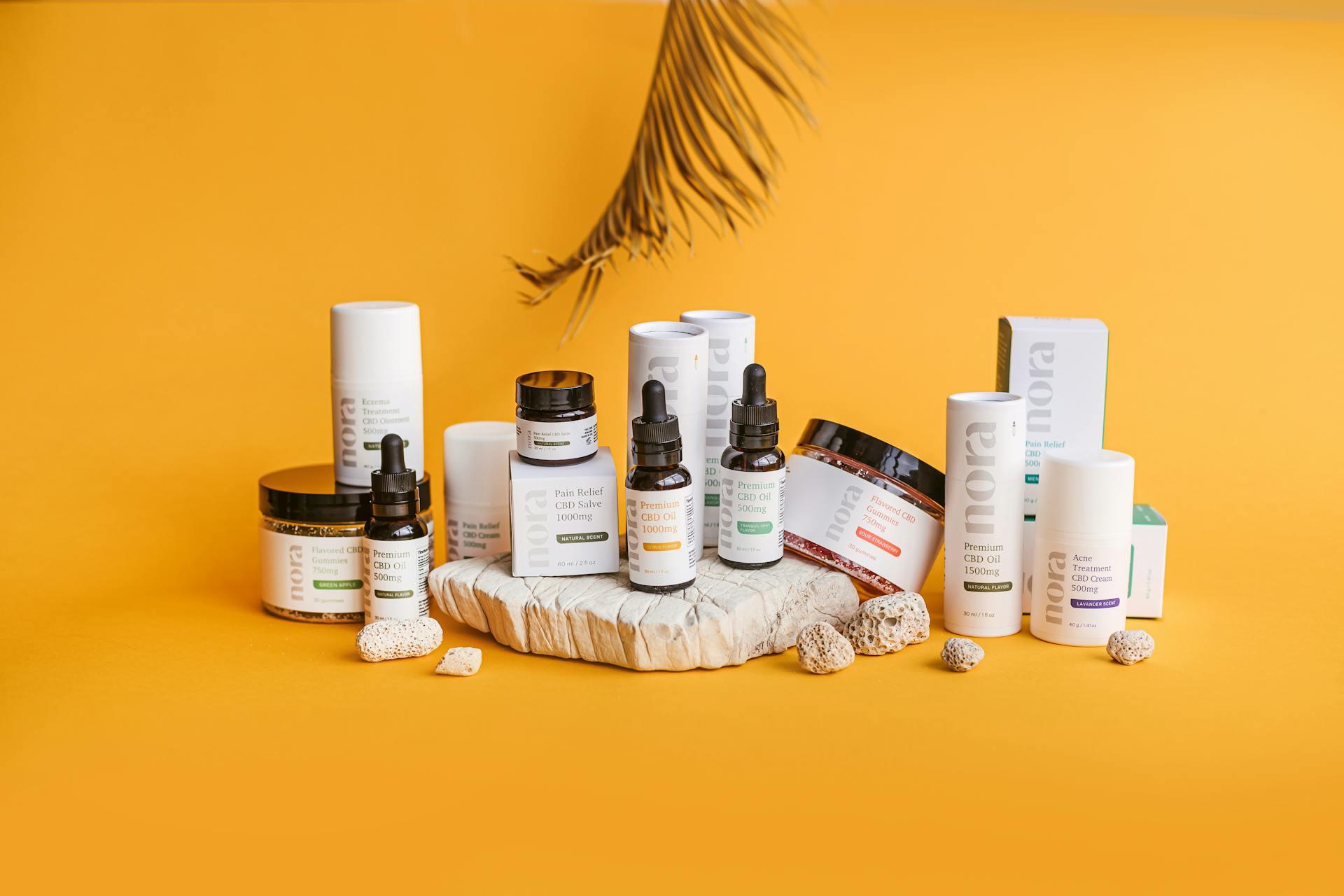Importance of Cosmetic Product Compliance

The compliance of cosmetic products with regulatory standards is of paramount importance for a range of reasons. These include safeguarding consumer safety, meeting legal obligations, fostering market trust, and protecting brand reputation. The following sections provide a comprehensive exploration of why cosmetic product compliance is essential.
1. Consumer Safety
Cosmetic products are applied directly to the skin, hair, or nails, making adherence to safety standards critical. Non-compliance can result in significant health risks, such as skin irritation, allergic responses, or long-term health complications due to exposure to toxic substances.
Compliant products undergo rigorous safety assessments, including dermatological, stability, and microbiological testing. These procedures are designed to reduce the likelihood of adverse effects, ensuring products are safe for consumer use.
2. Legal Obligations
Cosmetic products are subject to strict regulations in different regions. For example, the FDA in the United States and the European Medicines Agency in Europe oversee regulatory compliance, which is a legal requirement for market entry.
Many regions maintain lists of banned or restricted ingredients, ensuring that potentially harmful substances—such as certain preservatives, colourants, or fragrances—are not present in formulations. Compliance also extends to product labelling and marketing claims, requiring accurate ingredient lists, usage directions, expiry dates, and honest representations of product benefits. Adhering to these requirements ensures transparency and prevents the dissemination of misleading information.
3. Market Trust and Consumer Confidence
A brand’s reputation is closely linked to its compliance with regulations. Brands that consistently follow regulatory guidelines are viewed as trustworthy and ethical, helping to foster consumer loyalty and preference.
Quality assurance is another benefit of compliance, as it guarantees consistent product quality. Routine compliance checks and quality control procedures help ensure that every batch meets the necessary safety and efficacy standards, bolstering consumer confidence.
4. Economic and Business Considerations
Failure to comply with regulations can result in serious consequences, including fines, product recalls, and sales bans, all of which can be financially damaging and harm a company’s reputation.
Meeting international standards is often essential for global market access. Non-compliance can restrict a brand’s ability to enter or compete in overseas markets. Additionally, a strong compliance record can reduce legal liability and may positively affect insurance premiums, as insurers may view compliant companies as lower risk.
5. Environmental and Ethical Responsibilities
Modern regulatory frameworks frequently include sustainability and environmental impact guidelines. Compliance means manufacturing and packaging products in ways that minimise environmental harm.
Ethical considerations, such as bans on animal testing, are increasingly significant. Aligning with these standards meets both consumer expectations and legal requirements, particularly in regions like the EU, where animal testing for cosmetics is prohibited.
6. Innovation and Competitive Advantage
Operating within a compliant framework allows companies to innovate while ensuring new products adhere to the latest safety and regulatory requirements.
Organisations that consistently meet or surpass regulatory standards can distinguish themselves as leaders in safety, quality, and consumer protection, gaining a competitive edge in the marketplace.
Examples of Regulatory Bodies and Standards
- United States: The Food and Drug Administration (FDA) oversees the safety of cosmetics under the Federal Food, Drug, and Cosmetic Act (FD&C Act).
- European Union: The EU Cosmetics Regulation (EC) No 1223/2009 establishes a comprehensive framework for cosmetic product safety.
- Japan: The Ministry of Health, Labour, and Welfare (MHLW) regulates cosmetics under the Pharmaceutical and Medical Device Act.
- China: The National Medical Products Administration (NMPA) requires product registration and stringent safety assessments for cosmetics.
Conclusion
Ensuring compliance in cosmetic products is not only a legal requirement but also a foundation for consumer safety and trust. Companies that make compliance a priority can build stronger, more resilient brands and position themselves as trusted leaders in a highly competitive industry.


